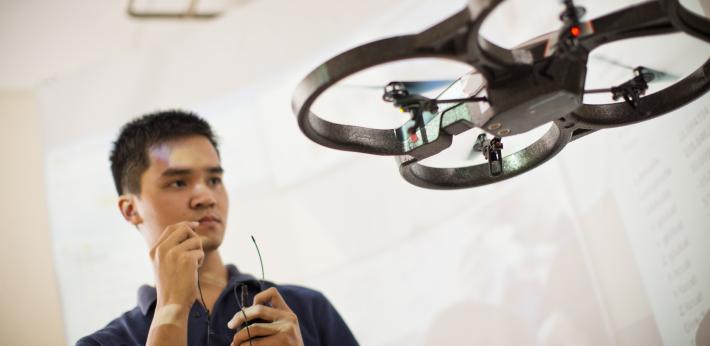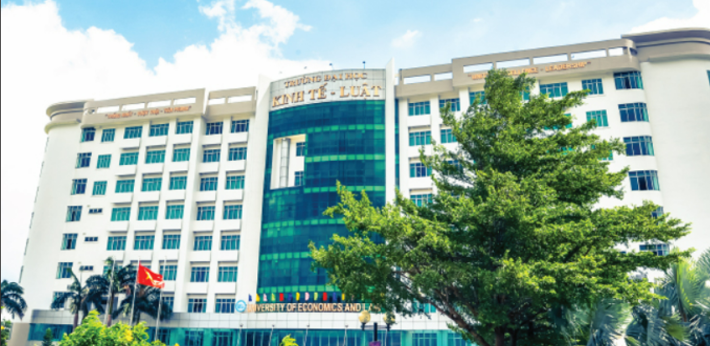
Four Southeast Asian countries – Malaysia, Indonesia, Vietnam and Thailand – have become ‘partner countries’ of BRICS, a group of emerging economies that is seen as a counterweight to the West.
At the annual BRICS summit held in Kazan, Russia from 22 to 24 October, the four countries were part of 13 new nations added to the alliance as partner countries – the other nine nations being Algeria, Belarus, Bolivia, Cuba, Kazakhstan, Nigeria, Turkey, Uganda and Uzbekistan.
They are not yet full members of the group, which was established in 2006 and initially comprised Brazil, Russia, India and China. South Africa joined in 2010, while Egypt, Ethiopia, Iran and the United Arab Emirates (UAE) became BRICS members this year. The member economies represent over US$28.5 trillion or about 28 per cent of the global economy.
‘Malaysia’s desire to join BRICS represents its effort to uphold policies and identity as an independent and neutral country, striking a balance with great powers and opening up new business and investment opportunities,’ said Malaysia’s Foreign Affairs Minister Mohamad Hasan, as quoted by media outlet Malay Mail.
It is likely the four ASEAN members want to enhance trade opportunities, and diversify their foreign relations amid geopolitical uncertainties and war in Ukraine and in the Middle East, independent political risk analyst Halmie Azrie told CNA.
With Malaysia as ASEAN chair in 2025, there could be more multilateral engagements or ASEAN Plus meetings with various countries in BRICS.
Source:
https://www.channelnewsasia.com/asia/malaysia-indonesia-vietnam-thailand-brics-asean-global-south-russia-china-4699841
What this means for the UK sector
Currently, all four South Eastasian countries are not yet full members of BRICS – while waiting for full membership, which will accord these countries voting rights and decision-making power over policies and agenda, BRIC partner countries can still benefit from collaboration on trade, investments and special projects, as well as gain access to funding.
The four countries joining BRICS is a significant development, as it gives them increased visibility and a stronger voice to champion their interests globally, while also enhancing each country’s economic diplomacy amid increased geopolitical tensions. The countries are also better able to position themselves to benefit from the Global South agenda and also gain access to the BRICS development bank and the Contingency Reserve Arrangement, a mechanism to overcome financial crises.
For Malaysia specifically, it may also signal displeasure at Western countries for supporting Israel amid the war in Gaza and the desire to influence a more significant bloc of countries seen as a counter-balance to the West. Nonetheless, although BRICS has been seen as an anti-Western bloc, the view amongst political analysts in the region is that joining BRICS does not mean these four countries are aligning themselves with China or Russia, or even moving away from regional ASEAN priorities.
All four countries continue to pursue a balanced foreign policy (between the East and West) and seek to enhance avenues in which to pursue economic co-operation. Indonesia is already a G20 country, and alongside Thailand, is bidding for OECD membership.
This means that this development should not impair ties with the UK, definitely not in the education space and UK higher education institiutions should be confident that these countries continue to place a high regard on UK education. However, it could mean increased collaboration between BRICs and these South East Asian countries in education and see governments in these four Southeast Asian countries encouraging students in their countries to pursue their studies in BRICS countries. Already, Russia has in the past few weeks doubled the number of scholarships from 20 to 40 for Malaysian students to study in Russia.
UK universities should strive to position the UK as a friend to Southeast Asia, by focusing on helping to build the quality of talent in these countries and equipping them with the skills to succeed and contribute to their home countries.



